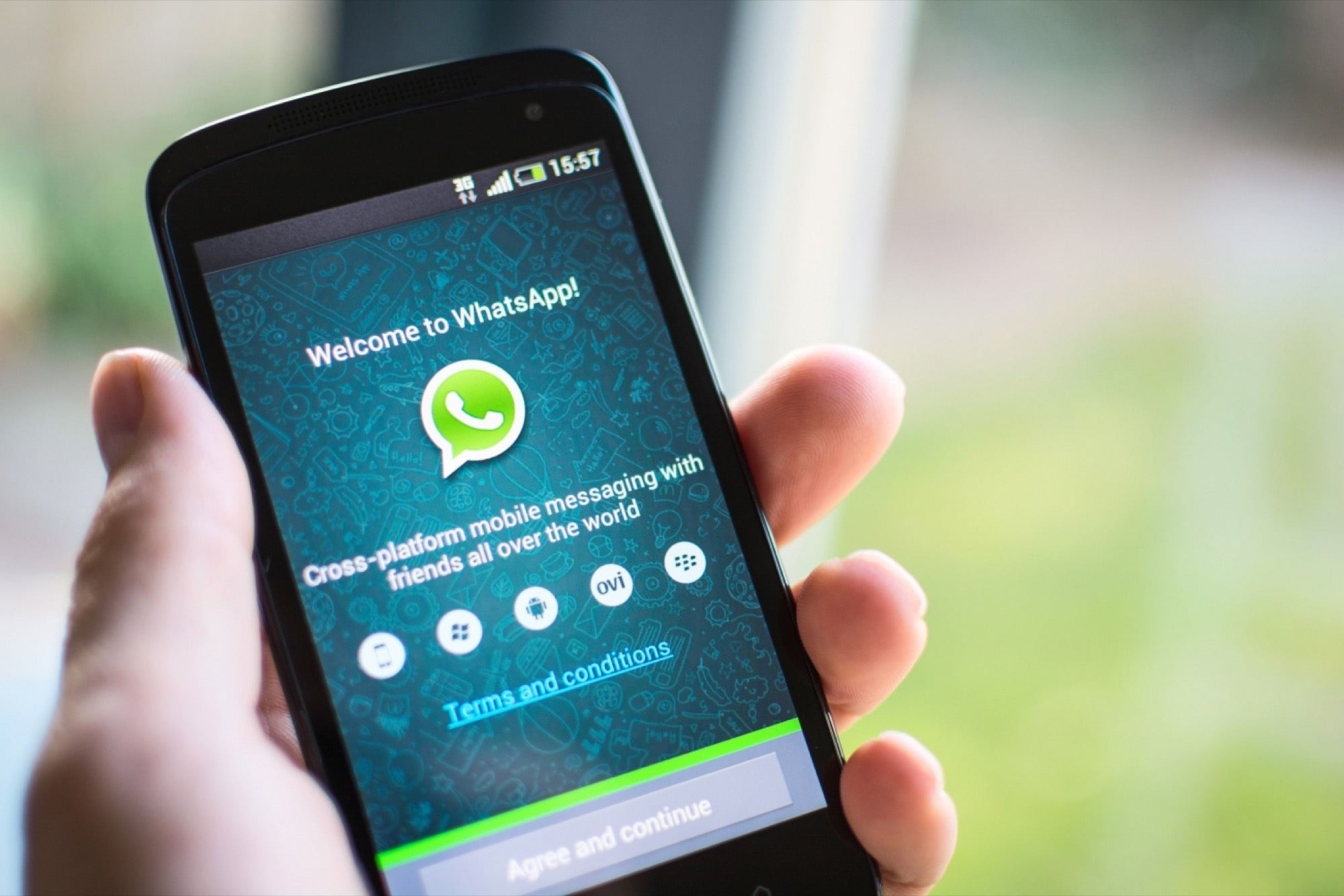WhatsApp in Covid-19: Curbing Fake News, Easing Video Chat, Delivering Direct Info From tying up with WHO to deliver useful information directly to people to introducing a feature to fight menace of misinformation, WhatsApp is taking several steps to support fight against Covid-19 pandemic
By Shipra Singh
You're reading Entrepreneur India, an international franchise of Entrepreneur Media.

In the times of isolation, quarantine and lockdown, brought about by Covid-19 pandemic, people are relying on messaging apps more than ever to stay connected. WhatsApp, which has around 400 million users in India alone, in these testing times has stepped up efforts to not only improve better connectivity experience for its users but also tackle misinformation.
The messaging app has limited the number of forward messages to one chat at a time in an effort to slow down circulation of fake news and misinformation.
It has modified its limit on forward messages at a time when the role of correct information in fight against coronavirus pandemic is getting increasingly vital, globally. "People are talking to doctors, teachers, and isolated loved ones via WhatsApp during this crisis," said the Facebook-owned company in a blogspot.
"We've seen a significant increase in the amount of forwarding which users have told us can feel overwhelming and can contribute to the spread of misinformation," it noted.
This limit will kick in after a message is labeled forwarded with double arrows, a feature WhatsApp introduced in 2019. A message is labeled with two arrows after it has been forwarded five times. If a user receives one such message, he/she will be able to send it to only one chat at a time, as opposed to the current limit of five chats.

The feature can only help limit widespread forwarding by creating friction in the process and not completely eliminate it. The end-to-end encryption model of the messaging app doesn't allow it to access user's content and hence take direct action against any misinformation or inappropriate content being shared, unlike other social media platforms like Facebook and Twitter.
Drawing from past experience, the company believes that this step will slow the spread of such messages further, if not eradicate completely. "We previously set limits on forwarded messages to constrain virality. At the time, we saw a 25 per cent decrease in total message forwards globally," the blog stated referring to five chats at a time limit introduced last year.
Also Read: How WhatsApp Pay Can Disrupt Existing E-commerce Platforms and Solutions
Group Video Calling
WhatsApp has made group video calling on the app easier. Users who are a part of a group can start a video or voice call with the group members by directly tapping on the either of the icons, the company tweeted. However, this feature will only be available to groups with four or less members.
Earlier, WhatsApp allowed one-to-one calls with the option to subsequently add more participants.
While this feature will certainly come in handy to some as work is being done remotely through video calls, limitation of four or less participants doesn't pose any direct competition to other video conferencing apps like Zoom. The feature will predominantly be useful for private calls and not so much for work related ones.
The messaging app has seen an exponential rise in video calls as more and more countries get affected by the virus, Facebook CEO Mark Zuckerberg had stated earlier in March. Not just video calls, Whatsapp has seen a substantial increase of 40 per cent in overall usage as per a Kantar report.
Percentage rise in usage varies across countries as per the stage of pandemic, the report explained. "In the early phase of the pandemic usage increases 27 per cent, in mid-phase 41 per cent and countries in the late phase of the pandemic see an increase of 51 per cent," the report stated.
Earlier in March, World Health Organisation (WHO) partnered with WhatsApp and Facebook to launch a dedicated messaging service to spread information related to the pandemic to people around the world. "This easy-to-use messaging service has the potential to reach 2 billion people and enables WHO to get information directly into the hands of the people that need it," the institution wrote on its website.













